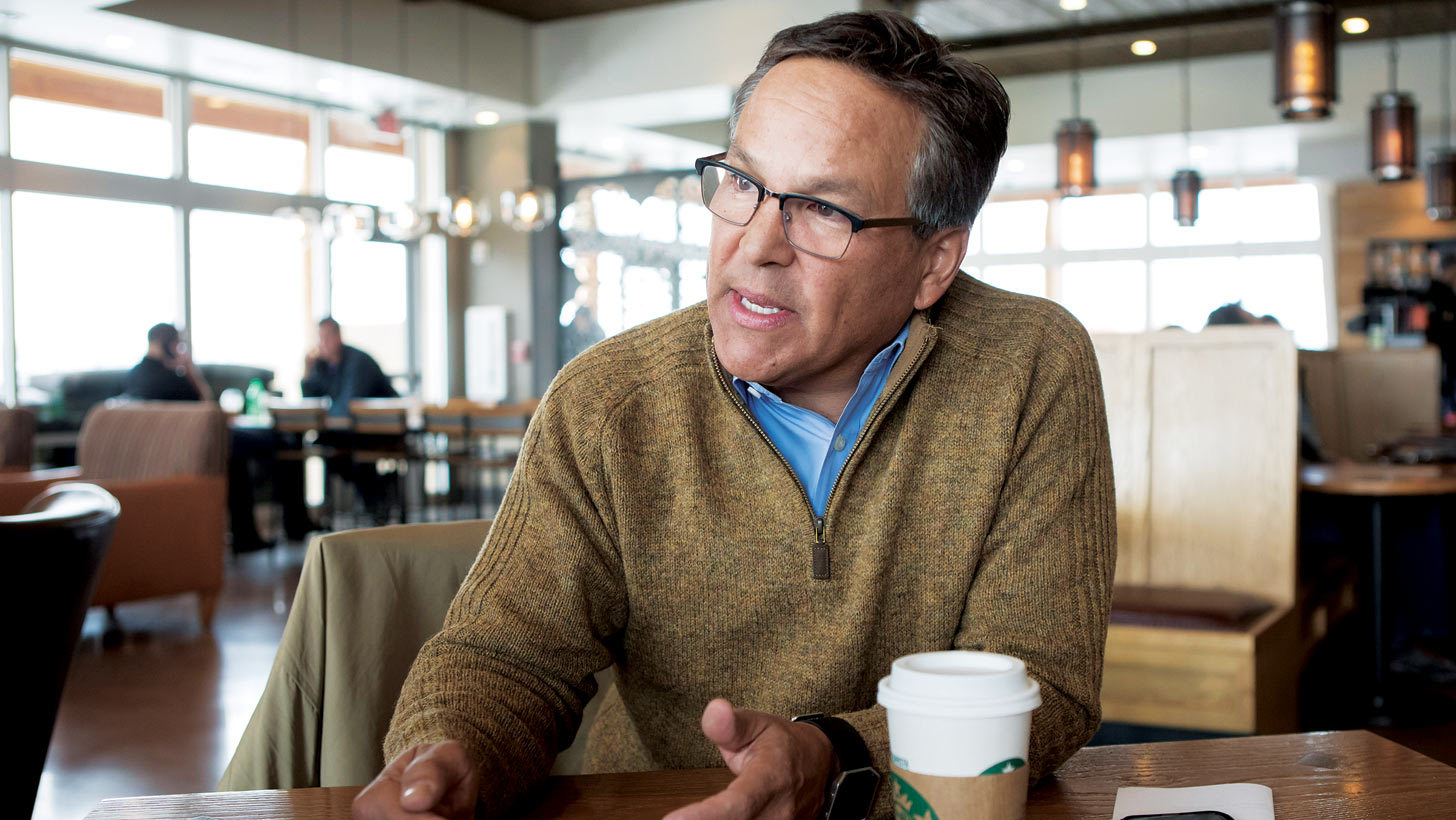News Interview: Jeff Apodaca Dishes On Issues Including Education And Taxes
Jeff Apodaca Dishes On Issues Including Education And Taxes

Latest Article|September 3, 2020|Free
::Making Grown Men Cry Since 1992


